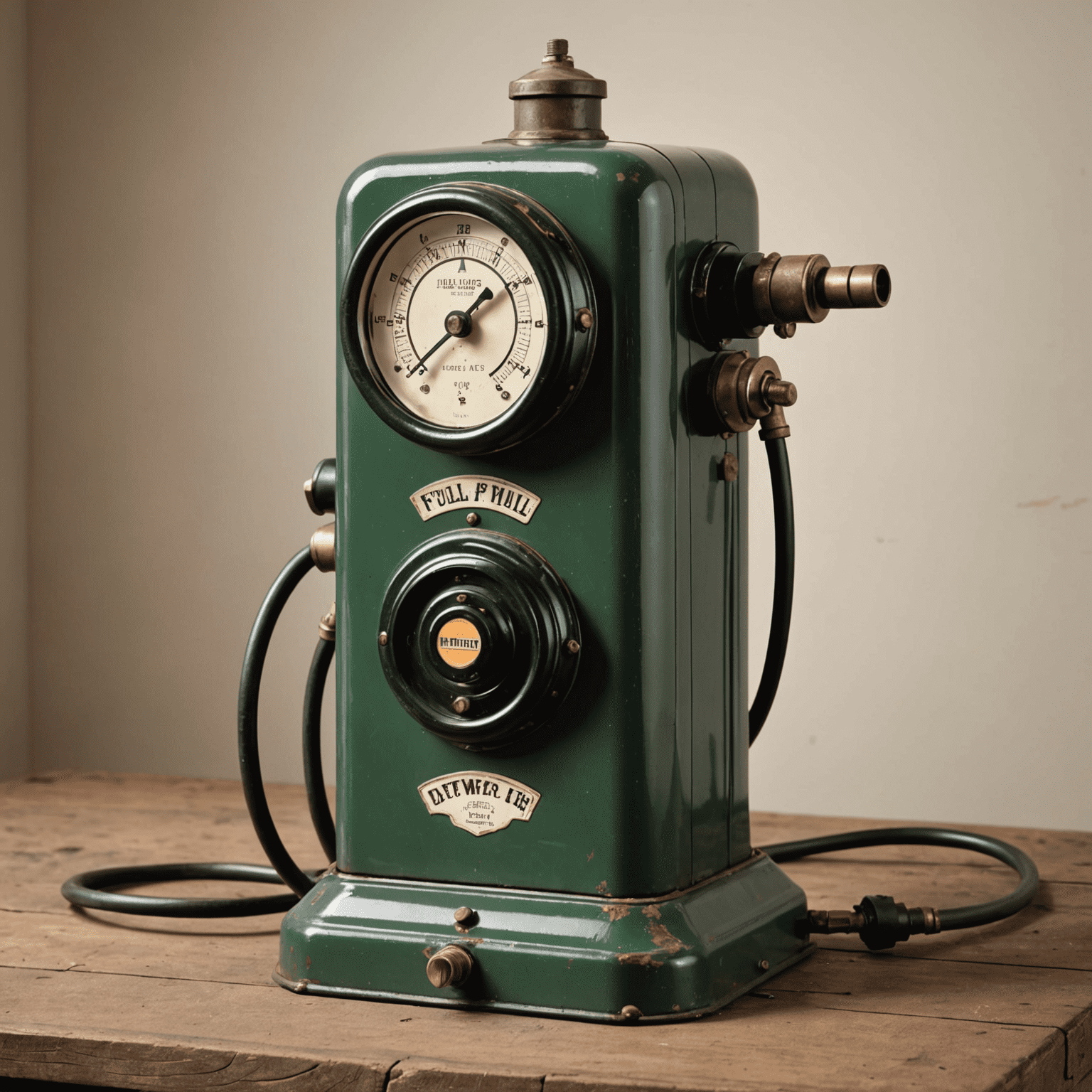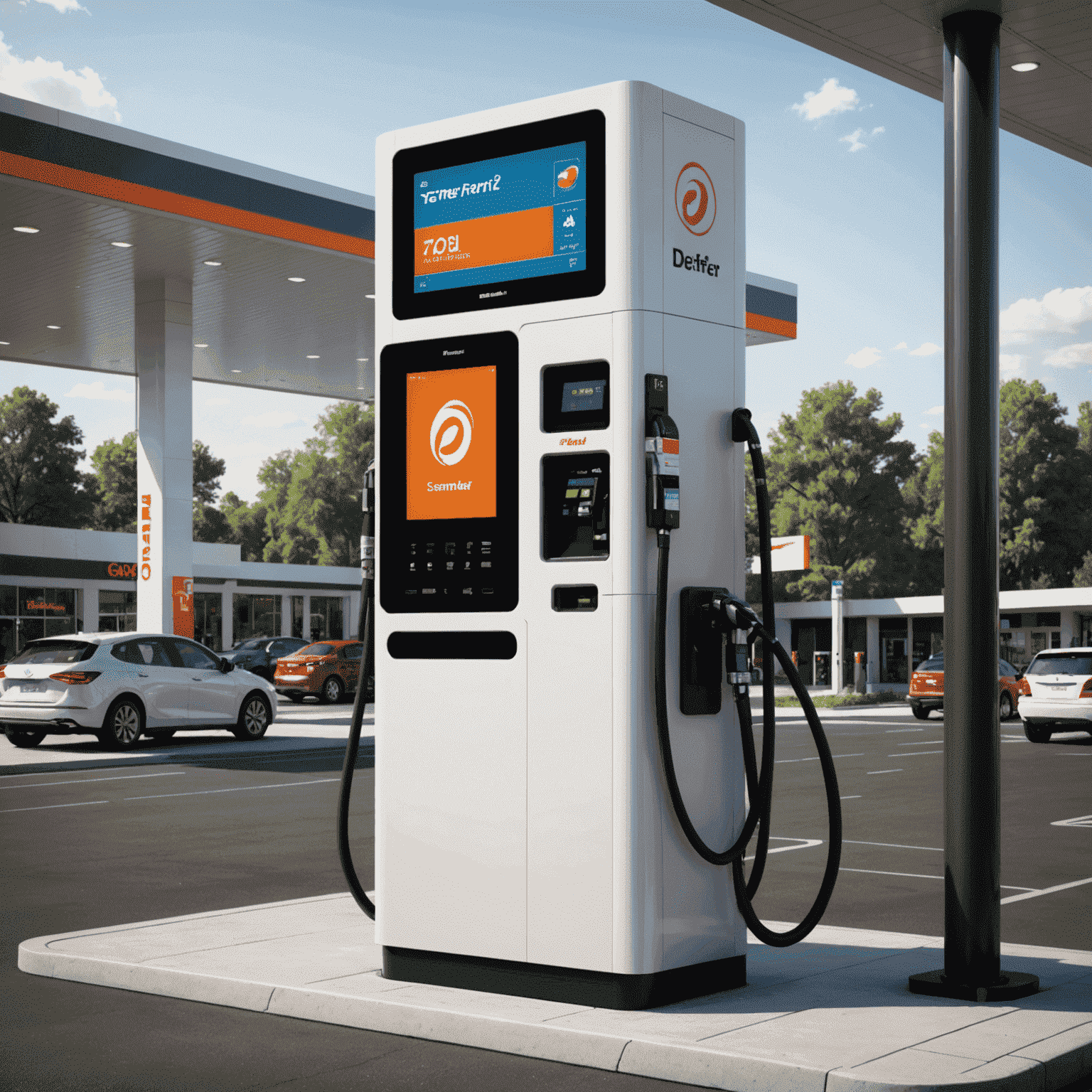The Evolution of Fuel Dispensers

From humble beginnings to high-tech marvels, fuel dispensers have come a long way. Let's explore the fascinating journey of these essential machines that keep our vehicles running.
The Early Days: Manual Pumps
In the late 19th century, the first fuel dispensers were simple manual pumps. Attendants would use hand-cranked mechanisms to transfer fuel from underground tanks to vehicles. These rudimentary devices laid the foundation for the gas stations we know today.
The Rise of Electric Pumps
The early 20th century saw the introduction of electric pumps, revolutionizing the fueling process. These pumps increased efficiency and accuracy, allowing for faster refueling and more precise measurements.

The Digital Revolution
As we entered the digital age, fuel dispensers underwent another significant transformation. The integration of electronic displays and computerized systems brought unprecedented accuracy and convenience to both customers and station operators.
Smart Fuel Dispensers: The Present and Future
Today's fuel dispensers are a far cry from their predecessors. Modern gas pump technology incorporates features like:
- Touchscreen interfaces
- Contactless payment options
- Real-time inventory management
- Integration with mobile apps for loyalty programs
- Enhanced security measures to prevent fraud
These smart fuel dispensers are not just about dispensing fuel; they're about creating a seamless, user-friendly experience for customers while optimizing operations for station owners.

The Road Ahead
As we look to the future, the evolution of fuel dispensers continues. With the rise of electric vehicles and alternative fuels, we can expect to see even more advanced dispensing systems that cater to a diverse range of energy sources. These next-generation fuel dispensers will likely feature:
- Multi-fuel options including gasoline, diesel, electric, and hydrogen
- Advanced analytics for predictive maintenance
- Augmented reality interfaces for enhanced user experience
- Integration with smart city infrastructure
The journey from manual pumps to today's smart dispensers showcases the incredible pace of technological advancement in the fuel industry. As we continue to innovate, these essential machines will play a crucial role in shaping the future of transportation and energy distribution.